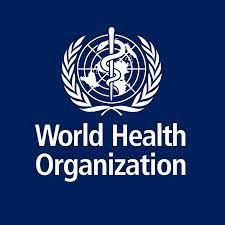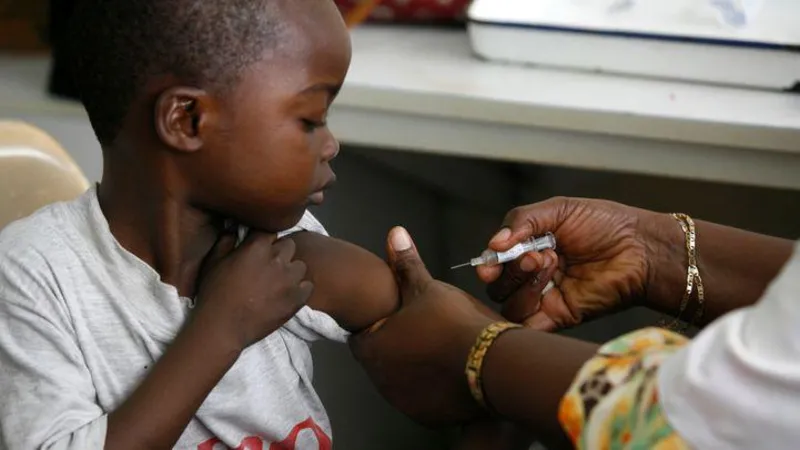Korede Abdullah in Lagos
Efforts to expand vaccine coverage across Africa are saving millions of lives, with 1.8 million lives preserved in 2023 alone, according to the World Health Organization (WHO) on Thursday.
Initiatives such as “The Big Catch-Up,” launched in 2023, have successfully reached over 5 million previously unvaccinated “zero-dose” children in 20 priority countries.
These gains reflect coordinated actions by African governments and global health partners including Gavi, UNICEF, and WHO, especially as nations recover from post-COVID disruptions. Immunization coverage for key vaccines like diphtheria, tetanus, and pertussis has improved, with standout progress in countries like Chad, Ethiopia, and Uganda.
The African region has also recorded significant strides in protecting girls from cervical cancer. Human papillomavirus (HPV) vaccination coverage increased from 28% in 2022 to 40% in 2023, placing Africa second globally in coverage rates.
At the same time, the region reported a 93% drop in circulating variant poliovirus type 1 cases between 2023 and 2024.
However, despite these victories, challenges remain: measles outbreaks continue in some areas due to gaps in coverage, with conflict, misinformation, and funding shortages cited as major barriers to reaching all children.
Health leaders are calling for renewed investment to maintain and expand immunization progress.
“We have made great progress in expanding vaccination and saving lives… But we still have more ground to cover,” said Acting WHO Regional Director for Africa, Dr. Chikwe Ihekweazu.
Chief Country Delivery Officer at Gavi, Thabani Maphosa, echoed the sentiment, stating, “Conflict, population growth, displacement, and natural disasters are creating ideal conditions for outbreaks… Investing in immunization… is essential to protect our collective future.”
With Gavi’s new strategy, “Gavi 6.0,” aiming to reach 50 million children with the malaria vaccine by 2030, sustained global funding and regional commitment remain key to long-term success.


